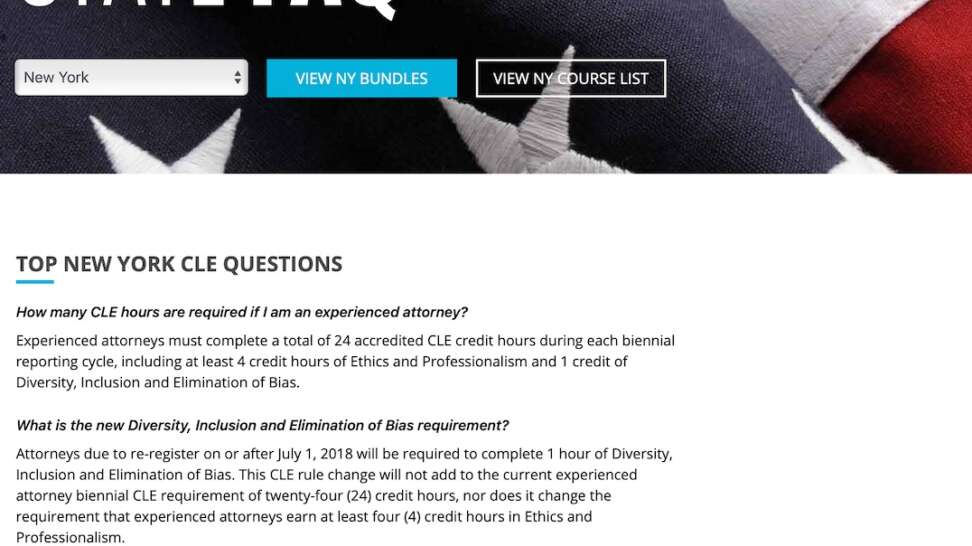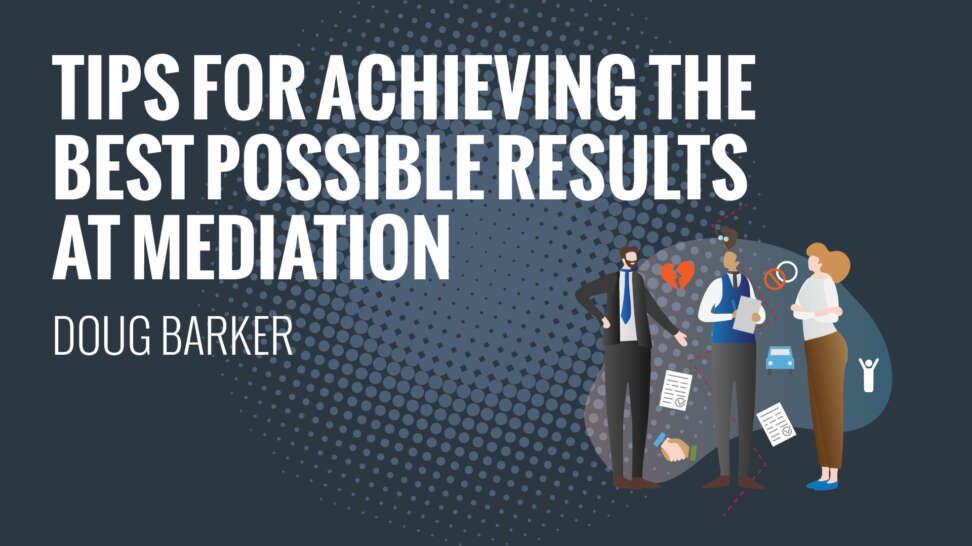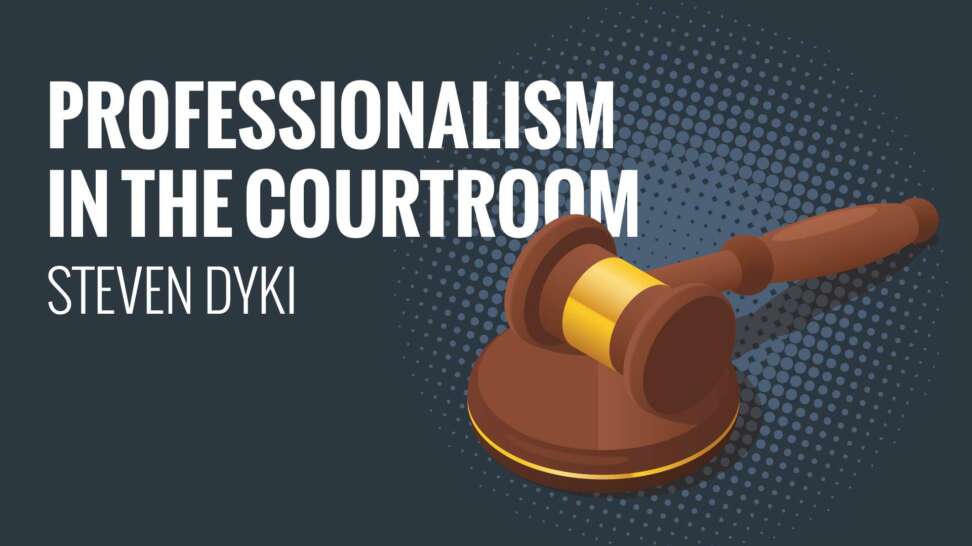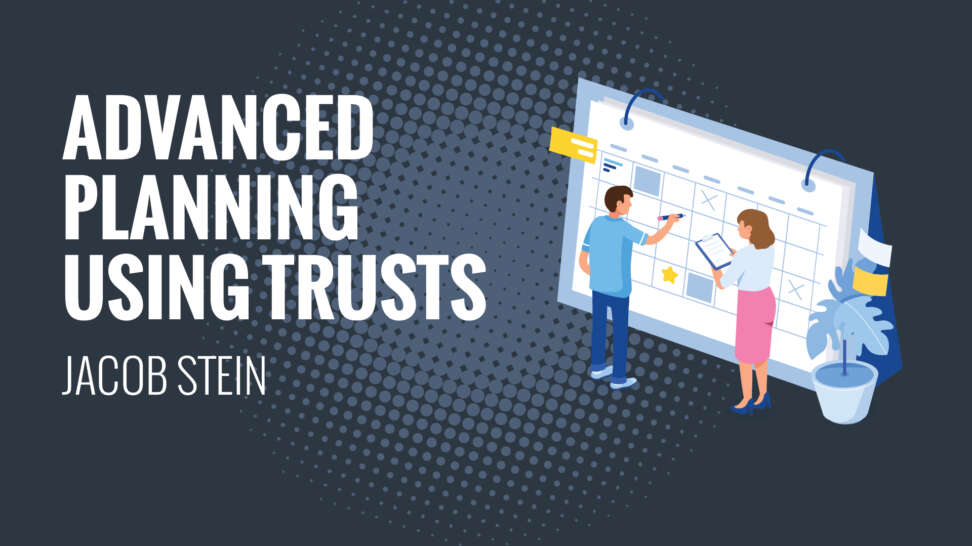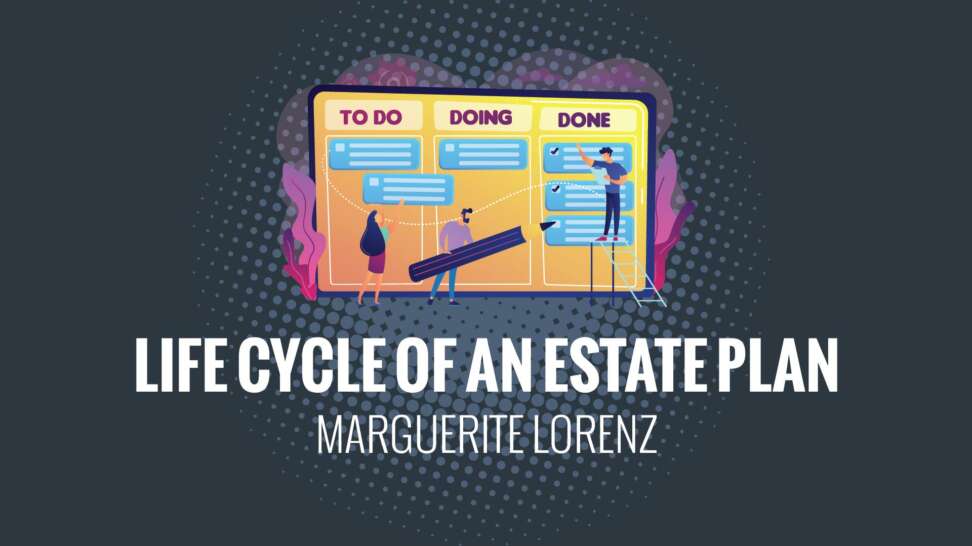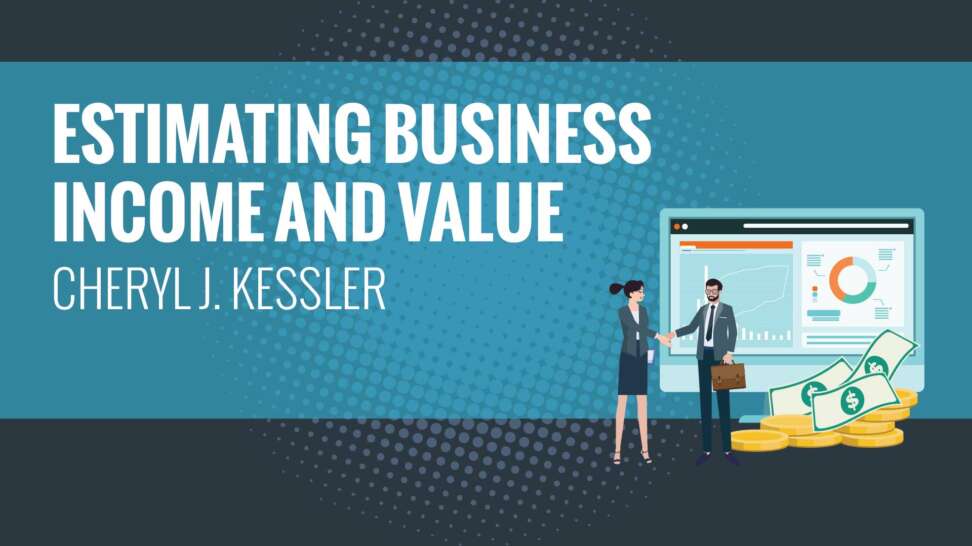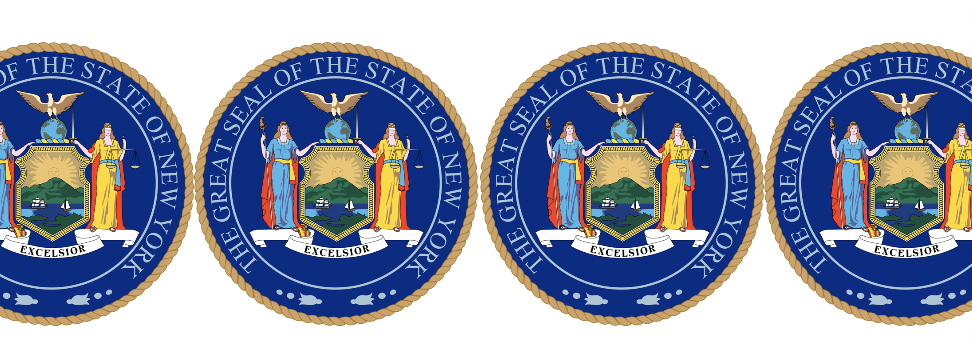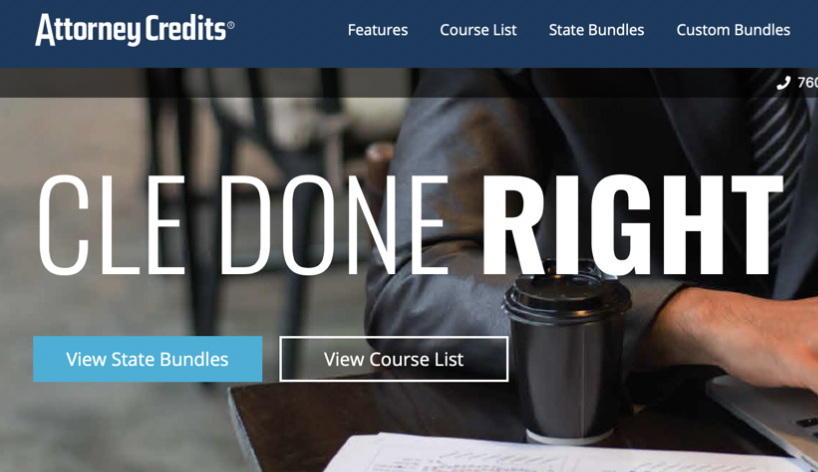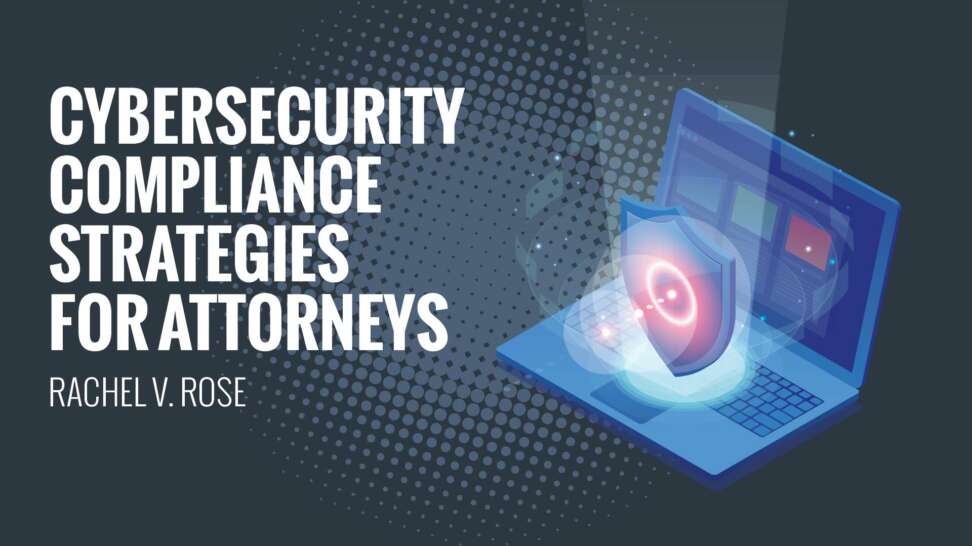Technology has softened the rigid formality of negotiating, forming, enforcing and signing contracts over the last 15 years. In this CLE course, attorney Aaron Cronan will explore some of the most important legal, practical and business implications of technology’s impact on forming a binding contract.

